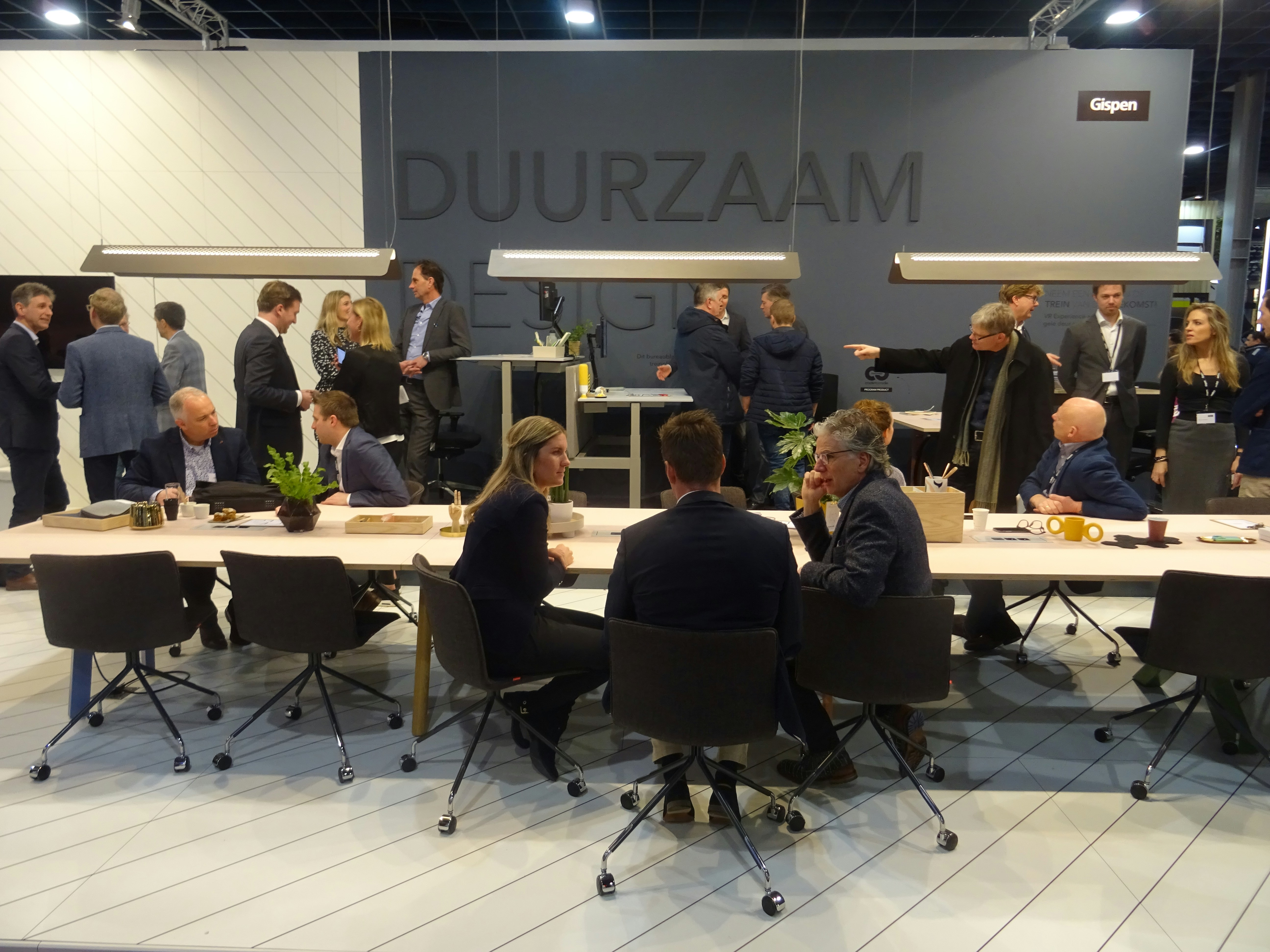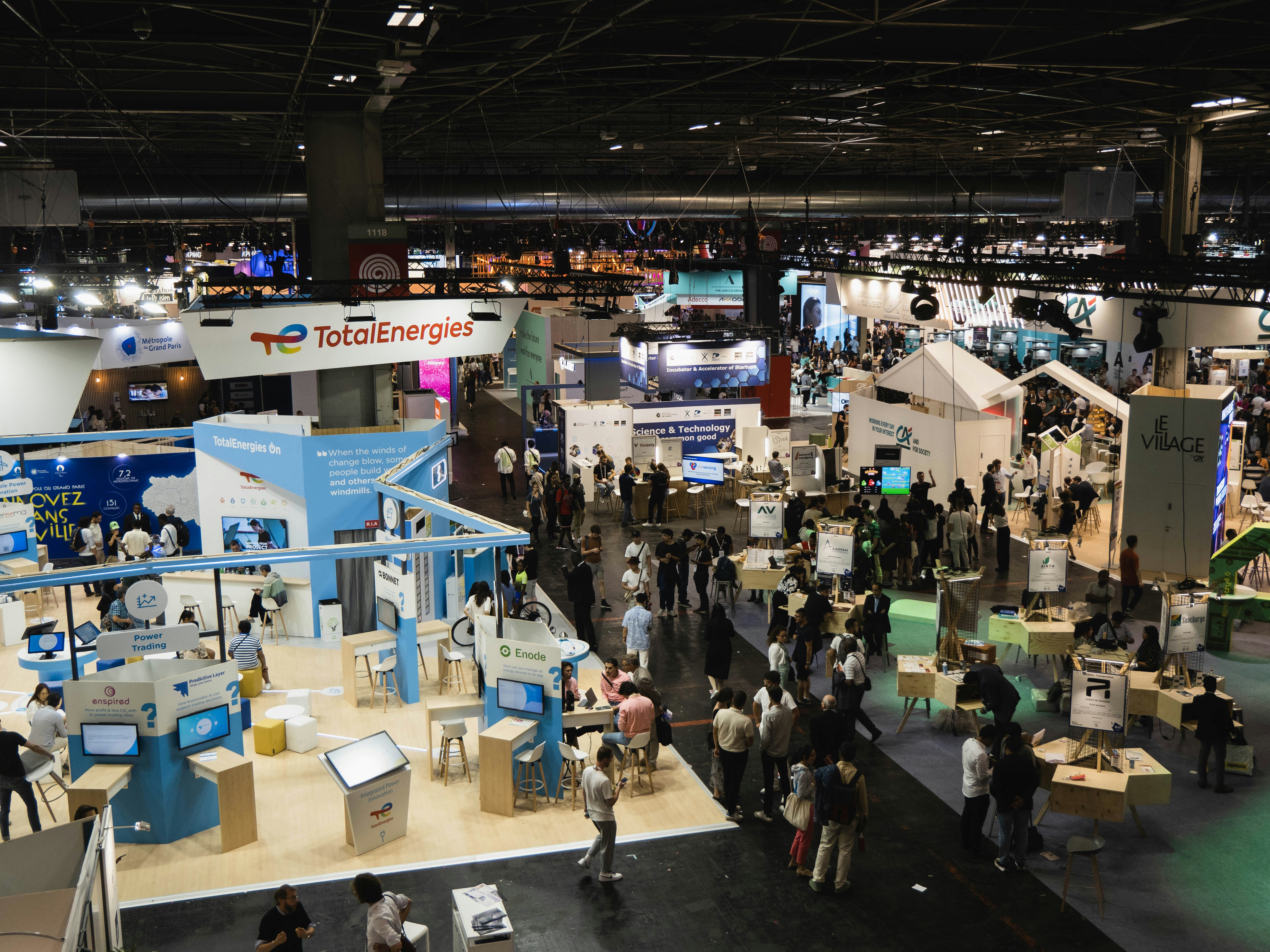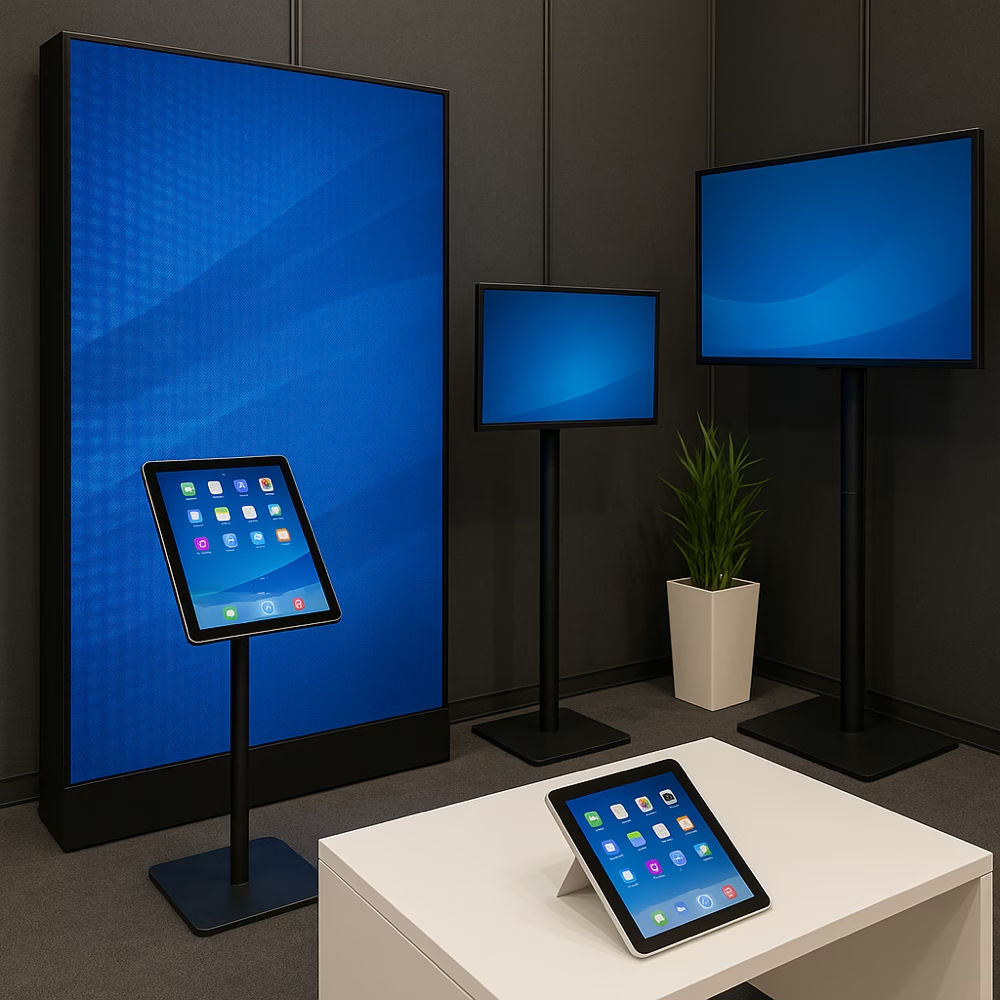Event production is a dynamic and multifaceted industry that brings ideas to life through meticulous planning, creative execution, and seamless logistics. Whether you’re organizing a corporate event, a live sporting event, a product launch, or a trade show, understanding the event production process is key to delivering a memorable experience. In this comprehensive guide, we’ll explore what event production entails, the roles and responsibilities of an event production team, essential equipment, logistics, and how to choose the right event production company for your needs.
What is Event Production?
Event production refers to the process of designing, planning, and executing an event from concept to completion. Unlike event planning, which focuses on high-level coordination and guest experience, or event management, which oversees operations, event production dives into the technical and creative aspects. This includes audiovisual production, stage design, lighting, sound, and logistics like permitting and power requirements. An event producer orchestrates these elements to ensure the event aligns with the client’s vision while running smoothly from load-in to load-out.
The distinction between event planning vs. event production and event production vs. event management lies in their scope. Event planning sets the stage with ideas and schedules, while production brings those ideas to life with technical expertise. Management ensures everything stays on track during the event itself.
Key Roles in an Event Production Team
A successful event relies on a skilled production crew, each with specialized roles:
- Event Producer: The visionary who oversees the entire production process, ensuring alignment with goals and budget.
- Production Manager: Manages timelines, vendors, and crew coordination.
- Stage Manager: Directs the live event, cueing transitions and managing the run of show.
- A1 Audio Engineer: Handles sound quality and mixing.
- Lighting Designer: Creates the visual atmosphere with lighting effects.
- Graphics Operator: Manages visuals like slides or video content.
- Riggers: Set up staging, lighting, and audiovisual equipment safely.
From mic runners to teleprompter operators, every team member plays a critical role in delivering a flawless experience.
The Event Production Process: From Pre-Production to Load-Out
The event production workflow can be broken down into key phases:
- Pre-Production: This stage involves conceptualization, budgeting, and planning. Ask your clients the right questions to define their vision, set ROI goals, and create a production schedule. Tools like event production software (e.g., Shoflo) help centralize files, track scripts, and manage cues.
- Production Planning: Secure local venues, transportation, AV vendors, and production equipment. Address logistical issues like permitting requirements and power needs. Build a detailed rundown or production cue sheet to guide the team.
- Load-In and Setup: The production crew arrives with a load-in schedule, setting up staging, pipe & drape, custom backdrops, and audiovisual technology. Technical cue-to-cues ensure everything is tested.
- Live Event Execution: The show caller and stage manager lead the team through the run of show, adapting to last-minute changes. Audiovisual production, lighting, and sound come together to enhance the attendee experience.
- Load-Out and Post-Event Reporting: After the event, the crew dismantles equipment, and the producer evaluates return on investment (ROI) and objectives through event data tracking and timestamp reports.
Essential Event Production Equipment and Technology
Audiovisual production is the backbone of most events. Key equipment includes:
- Audio: Microphones, speakers, and mixing consoles managed by A1 and A2 audio engineers.
- Lighting: Spotlights, LED panels, and ambient lighting designed by a lighting designer.
- Visuals: Projectors, screens, and teleprompters for presentations or broadcasts.
- Staging: Pipe & drape, custom fabricated backdrops, and set design for branding.
Event production technology continues to evolve, with trends like immersive audiovisual experiences and real-time event production software enhancing efficiency and collaboration.
Event Production Logistics and Challenges
Logistics can make or break an event. Key considerations include:
- Permitting Requirements: Secure permits for public spaces or large gatherings.
- Power Requirements: Ensure sufficient electricity for AV labor and equipment.
- Local Venues and Transportation: Coordinate with vendors and rental companies for seamless delivery.
- Budget Management: Balance costs for crew, equipment, and vendors while maximizing ROI.
Challenges like last-minute changes, finding trusted crew, or managing inefficiencies in team communication can arise. Using production cue sheets, templates for similar shows, and centralized documentation helps mitigate these issues.
How to Pick an Event Production Company
Choosing the right event production company is critical for success. Here’s what to look for:
- Experience: Seek companies with a proven track record in your event type (e.g., corporate events, live sporting events, or conferences).
- Core Services: Ensure they offer full event production services, from AV labor to stage presentation production.
- Reputation: Check testimonials and past projects to see how they stand out.
- Collaboration: Look for a team that excels in partner sourcing, asset management, and client rehearsals.
- Technology: Confirm they use modern tools like Shoflo for show planning and production rundowns.
A great event production agency aligns with your vision, budget, and logistical needs while delivering a standout experience.
Types of Live Events and Their Production Needs
Event production varies by event type:
- Corporate Events: Focus on brand awareness, product launches, or team building with polished AV and set design.
- Conferences and Trade Shows: Require technical production for presentations and large-scale logistics.
- Live Sporting Events: Emphasize fan experience with game scripts, televised broadcasts, and audiovisual technology.
- Product Launch Events: Highlight innovation with creative staging and lighting.
Each type demands a tailored production plan to meet its unique goals.
Event Production Trends to Watch in 2025
The production industry is evolving rapidly. Current trends include:
- Immersive Technology: Augmented reality and interactive visuals enhance attendee engagement.
- Sustainability: Eco-friendly staging and reduced energy use are gaining traction.
- Event Production Software: Tools like Shoflo streamline workflows with centralized files and real-time updates.
- Hybrid Events: Combining live and virtual elements requires advanced AV production.
Staying ahead of these trends ensures your event remains competitive and memorable.
Maximizing ROI and Attendee Experience
To achieve event ROI goals, focus on:
- Clear Vision: Define objectives early and communicate them to the production team.
- Event Documentation: Use production notes and post-event reporting to analyze success.
- Attendee Experience: Prioritize seamless logistics, high-quality AV, and engaging design.
Tracking event sponsorships, attendees, and data provides actionable insights for future improvements.
Conclusion
Event production is both an art and a science, blending creativity with technical precision. From building a skilled production team to mastering logistics and leveraging the latest technology, every step contributes to a successful event. Whether you’re an event producer, manager, or client, understanding the full event production process empowers you to create impactful experiences. Ready to get started? Explore event production companies with Mr event planner, and turn your vision into reality.






